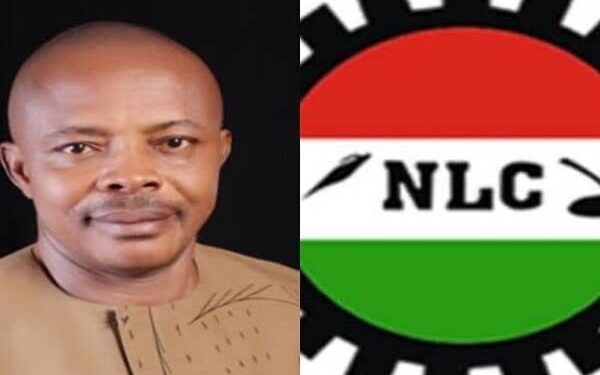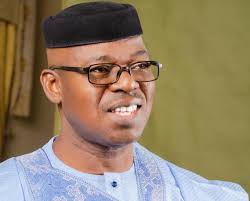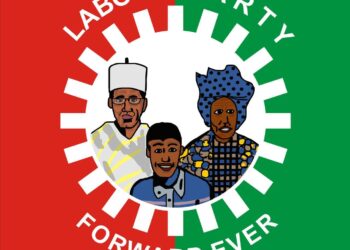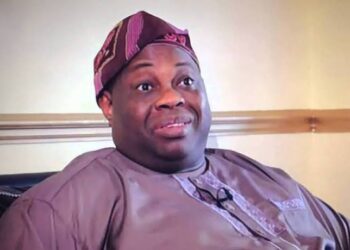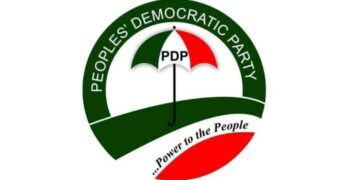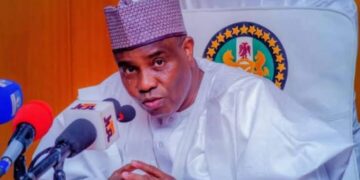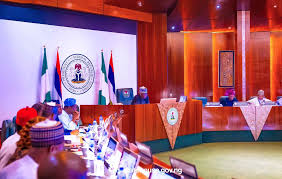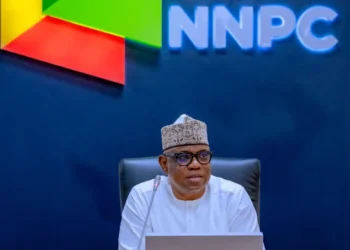The recent arrest of Joe Ajaero, the President of the Nigeria Labour Congress (NLC), by the State Security Service (SSS) has led to a heated disagreement between the federal government and the labour movement.
Ajaero was detained on Monday while en route to the United Kingdom for the World Trade Union Congress (WTUC), where he was scheduled to speak on behalf of Nigerian workers. He was held for several hours before being released late that night.
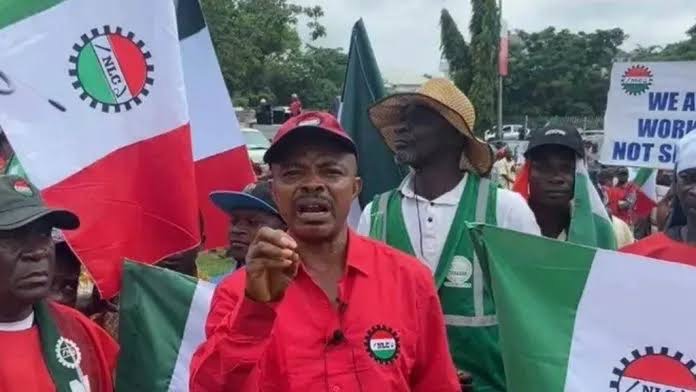
The NLC, along with several organizations such as Amnesty International and the Trade Union Congress (TUC), condemned the arrest. They argued that the detention was an unlawful act of intimidation, as Ajaero had not been wanted by any law enforcement agency.
The NLC described the incident as a violation of democratic and personal rights, claiming it was not just about stopping him from traveling but also about restricting his freedom. They called for his immediate and unconditional release, stating that such actions undermine the rights of workers and the principles of democracy.
In response, the federal government defended the arrest, arguing that it was justified because Ajaero had ignored an invitation from a law enforcement agency involved in an ongoing investigation. Bayo Onanuga, Special Adviser to the President, asserted that the arrest had nothing to do with Ajaero’s role as NLC president.
He dismissed accusations of human rights abuses, explaining that Ajaero’s detention was a result of his failure to honor the agency’s request. Onanuga added that Ajaero was scheduled to speak at a conference where the UK Trade Union Congress leader criticized Nigeria, which may have influenced the decision to detain him. According to Onanuga, no one is above the law, and Ajaero had been placed on a watchlist by a related agency.
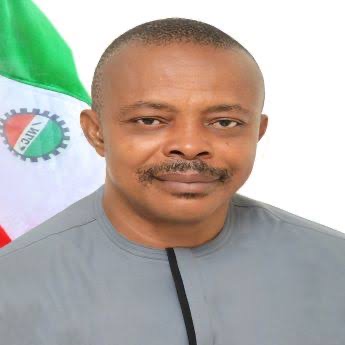
The NLC refuted the government’s claims, stating that no formal invitation had been issued before Ajaero’s arrest. Benson Upah, NLC Head of Information and Public Affairs, disclosed that Ajaero had communicated his travel plans to the SSS Director-General just days before the incident.
During their conversation on the night of September 7, they agreed that any meeting would occur after Ajaero’s return on September 13. Upah emphasized that Ajaero had not ignored any official summons and that a previous discussion had set a tentative meeting for after his trip. He assured that the Congress leadership had been promised a 48-hour notice before any visit.
Upah also highlighted that Ajaero is known for his cooperation with government agencies and has recently honored invitations from the police. He stressed that it is out of character for Ajaero to disregard official invitations.
Meanwhile, Ajaero’s lawyer, Maxwell Opara, criticized the SSS for allegedly misrepresenting his client’s schedule. Opara accused the agency of intentionally undermining Ajaero’s position and suggested that the arrest was a deliberate attempt to disrupt his work and weaken his influence.
He pointed out that Ajaero had informed the SSS of his planned trip and committed to meeting with them upon his return. Opara speculated that the timing of the arrest was meant to remove Ajaero from his role as NLC president in favor of someone more aligned with government interests, reflecting broader political motives behind the detention.


